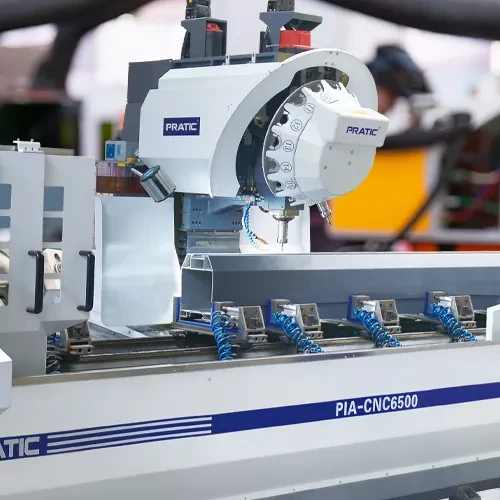

1. Automation:
One of the most significant trends in factory production is the increasing integration of automation technologies. From robotics and artificial intelligence to machine learning, factories are leveraging the power of automation to streamline processes and improve productivity. By reducing human error and repetitive tasks, automation allows manufacturers to achieve higher levels of efficiency, faster output, and improved quality control.
2. Internet of Things (IoT):
The Internet of Things has made significant inroads into the manufacturing sector, transforming factories into smart environments. By connecting machines, sensors, and devices, manufacturers gain real-time data insights that enable predictive maintenance, optimal resource allocation, and efficient workflow management. This interconnectedness empowers factories to identify and rectify potential issues before they escalate, leading to enhanced productivity and reduced downtime.
3. Sustainable Manufacturing:
With growing global concerns about the environment, sustainability has become a key priority for the manufacturing industry. Factories are actively adopting eco-friendly practices and technologies to reduce their environmental impact. From implementing energy-efficient equipment to recycling and waste reduction strategies, sustainable manufacturing aims to protect the planet while ensuring long-term profitability. Consumers are increasingly drawn to eco-conscious brands, making sustainability a crucial factor in today's competitive market.
4. Flexible Production Systems:
Another trend in factory production is the rise of flexible production systems. Traditional assembly lines are being replaced by agile and versatile manufacturing processes that can quickly adjust to changing customer demands. These systems allow for customized products, shorter production cycles, and reduced inventory carrying costs. By leveraging flexible production systems, manufacturers can better respond to market fluctuations and deliver tailored solutions, leading to improved customer satisfaction and higher profit margins.
5. Collaboration and Connectivity:
In this era of globalization, collaboration and connectivity have become essential for factories seeking to enhance their production capabilities. Through partnerships, supply chain integration, and cloud technologies, manufacturers can synchronize operations across multiple locations. This collaboration fosters innovation, facilitates knowledge-sharing, and enables more efficient production planning and distribution strategies. The ability to communicate seamlessly with suppliers, partners, and customers across the globe allows factories to stay agile and gain a competitive edge.
Email format error
Email cannot be empty
Email already exists
6-20 characters(letters plus numbers only)
The password is inconsistent
Email format error
Email cannot be empty
Email does not exist
6-20 characters(letters plus numbers only)
The password is inconsistent